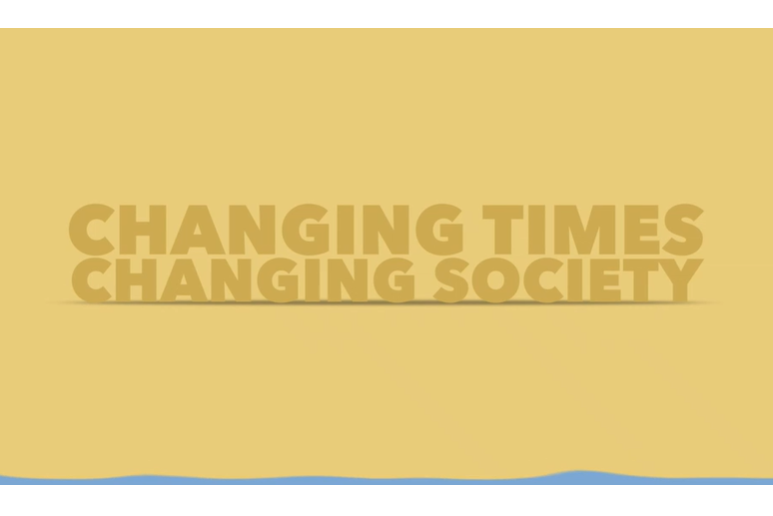Tag Archives: #SD19
Protected: Energy
Protected: Natural Disasters
Protected: Interdependence
Diversity
Before starting this module, I was anxious of what it would entail; in school science was a very hard topic for myself. I was never confident or certain of this subject so it was interesting to see if this module would change my opinion. In the lecture the main discussion point was “what does sustainability mean in a single word?” many people commented eco, recycling, preventing, save and future. Sustainability is about empowerment and getting everyone to do their part for a better future.
During the 1st science input, this was about biodiversity it carried out serval science experiments. One of these were using leave rubbing and bark markings to determine different types of plantations. This was very enjoyable because it was simple and could be used with very young children as easy to see the biodiversity in different species of plants and trees. Another experiment was snails on different textures. Children would really benefit from a science experiment like this as it was unique and really fascinating. Flower dissecting was also used this is to determine a flowers anatomy. This would be good for children as it is interdisciplinary learning it builds upon fine motor skills as well as biodiversity.
WOSDEC- is a group of external educators who specialise in global citizenship and learning for sustainability gave a workshop about creating sustainability. WOSDEC explained the idea of that learning for sustainability is many factors it not about just ‘recycling’. It is more than this (see picture below).

(WOSDEC, 2019)
Leaning for sustainability is about children’s rights, outdoor learning and so much more. This changed my mindset completely from this mind map; before seeing this, I didn’t really know what sustainability was but now I have a further understanding of what this entails. From this the speakers moved onto the 17 global goals. They explained that these goals were not yet attainable, but it was a vision to strive for in the future. An example of one of the goals is zero hunger (The Global Goals, 2019).
For information on global goals for children ( https://www.youtube.com/watch?v=cBxN9E5f7pc )
(YouTube, 2019)
One of the graduate attributes I think I have developed from these workshops is being culturally aware. These workshops made me realise what sustainability really was and how as an individual I can make a difference. Another attribute I discovered with biodiversity was creativity. From the workshops I discovered innovative ways of showing diversity. This made me feel so much more at ease about teaching science and I could use my creative flow to demonstrate different ways of understanding a topic.
Culture diversity was the second input received at university. This was a very thought-provoking lecture. This lecture dived into deep controversial issues such as values, gender, race, sexuality and religion. The class identified what this means in 2019 and spoke of definitions. The lecturer then posed controversial questions to each of the groups, one of the questions was-
“Should all public buildings include gender neutral bathrooms?”
It was very interesting to hear ranges of perspectives from different ranges of people to all of the questions in the class. The importance was as a teacher we should not enforce our opinions towards children. When entering a classroom, it should remain unbiased by a teacher as well as being open minded for differences. This allows children to make more informed decisions. Stereotyping was the next issue in the lecture. It identified particular groups previously who have been prejudiced for stereotypes such as Jewish people, gay people and poverty stricken individuals.
For videos on diversity and why it is needed in a society see this video below.

https://www.bbc.co.uk/bitesize/topics/znbrpg8/articles/zhvtcqt
It was further identified that not all people mean to stereotype. Prejudice and stereotyping can come from a place of ignorance. As teachers it is our duty make children more socially aware and culturally aware about these types of issues. Educating children about being prejudice is so important as this can transition, and children can help parents and elders be more informed and politically correct about these controversial issues.
A graduate attribute I have developed from this input is firstly expanding on my culture awareness, but also being having emotional intelligence with this topic. Controversial issues can be very sensitive for some children therefore this topic should be covered in a careful manner. This will deepen the culture awareness in the classroom setting as teachers are seen as role models and children will try and replicate. This also enhances the graduate attribute of gaining socially responsibility.
References
BBC Bitesize. (2019). Living in a diverse society. [online] Available at: https://www.bbc.co.uk/bitesize/topics/znbrpg8/articles/zhvtcqt [Accessed 19 Sep. 2019].
Robertson, J. (2019). WOSDEC Global Learning Centre – Working to promote social justice through education. [online] Wosdec.org.uk. Available at: http://www.wosdec.org.uk/ [Accessed 19 Sep. 2019].
The Global Goals. (2019). The Global Goals. [online] Available at: https://www.globalgoals.org/ [Accessed 19 Sep. 2019].
YouTube. (2019). The World’s Largest Lesson. [online] Available at: https://www.youtube.com/watch?v=cBxN9E5f7pc [Accessed 19 Sep. 2019].
